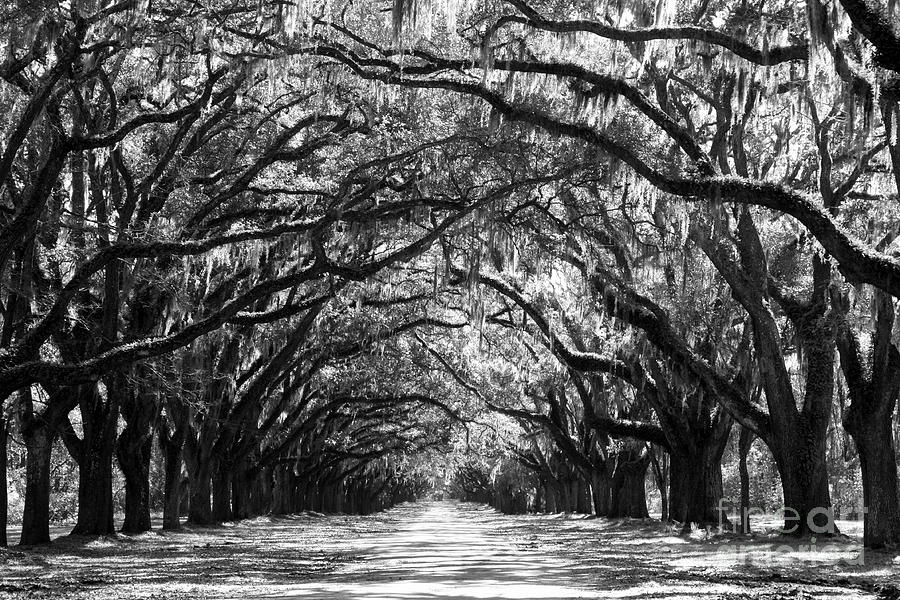The Ted Talk that I watched or the one that stuck-because I watched a few, was The One’s and Zero’s Behind Cyber WarFare presented by Chris Domas. Domas is an expert, at least in his field. He works for a world renounced research group, Battelle Memorial Institute, that has somehow managed to keep their nonprofit status in a for profit universe. Until I do some more digging and find a different answer, he as well as his group will be some of my go to sources for finding additional information-if I am able to pursue the topic.
I watched several different talks. At first, I tried narrowing down based on subject but after a few Ted Talks that did not really grab my attention, I came across this one. It could have been due to my previously relationship with the government, but I have been fortunate enough to be in some of those watch centers in the major metropolitan areas of the United States and seen the number of people working to keep us safe. The crazy part is, the number of people receiving the information who probably don’t understand it. It’s like, there are just Zero’s and Ones, so how come those who are sneaking up on us can just sneak code in, how can they do it if we have just as many people trying to stop them.
Who is watching and are the watchers on our side? Why are they watching?
Is the watching really keeping us safe or is it causing others to try harder to sabotage us?
Who is really in control?
If they stumble across something not related to national security, what do they do with the information? Are they keeping it on the side, for use later to use against us? Paranoia is a gift that just keeps giving. If we were to think about this too much, I think it would really take many of us off-line.
I remember waaaaaay back when the Internet was a new thing, and as companies launched websites, there was discussion of whether or not our information was “safe” on the Internet. The question always arose of who had access to what we were putting out there. Companies did a great job of selling us on the technology and security. There were many who were skeptical, and purchasing items on the internet started slow, but then as larger companies started creating sites and offering their merchandise, the skeptics lost out. It seemed that overnight, everyone was purchasing on the Internet. No one looked back, security breaches were accepted as just being part of doing business.
So as I am writing this, I realize I am getting in the weeds.
I am getting bogged down in the WHAT: what, why, when, who; I realize I need to back up and say HOW?
How did/ do they continue to get access? How is it so easy for the 1s and 0s to get hacked? How did it start? How did the computer companies leave such a huge access door in to the systems?
After figuring out the HOW, then the question is was it intentional? Did the computer companies do it so they could watch what people were doing and now that the door is open, they can’t close it.
Who were the original hackers and who were they after?
I think about some of the movies from the 80s where teenagers used computers to change grades or absences like in Ferris Bueller’s Day Off. It was considered cute and fun to have teenagers easily hack into the school systems or as in War Games, the US missile defense system.
I say these things to bring up the point of, why we have a country of the most intelligent people with access to all of the information and tools, why are teenage kids in Russia, with far less sophisticated equipment able to hack some of our most protected systems and gain access.
Has the ease of technology made all of us unsafe? Who is watching?
How far off the grid does a person have to go, in order to be considered safe?
So I have been trying to not sound like a paranoid person as I puzzle on how to narrow this down to a specific topic, but as I read more articles-it a scary world out there. Is it to the point that no matter what we do, we cannot escape someone always watching?
I want to know how the hackers get through the Ones and Zeros and why can’t we stop them. I want to know if it is possible to feel safe in a digital society when with a few taps on a keyboard and a credit card, all of a person’s information can be obtained.
So, I don’t have my complete question YET, but I feel like I am getting close.
Clara
Working Bibliography
Easley, L. E. (2014). Spying on Allies. Survival, 56(4), 141-156.
Hjortdal, M. (2011). China’s use of cyber warfare: Espionage meets strategic deterrence. Journal of Strategic Security, 4(2), 2.
Kim, Y., Kim, I., & Park, N. (2014). Analysis of cyber attacks and security intelligence. In Mobile, Ubiquitous, and Intelligent Computing (pp. 489-494). Springer Berlin Heidelberg.
Marcella, A. J., & Guillossou, F. (2012). Wiley Corporate F&a, Volume 587: Cyber Forensics : From Data to Digital Evidence. Hoboken, NJ, USA: John Wiley & Sons.
Strunk, D., Colin, S., Chris, B., & Desmond, L. (2014). American Cyber Insecurity: The growing danger of cyber attacks.
Vande Putte, D., & Verhelst, M. (2014). Cyber crime: Can a standard risk analysis help in the challenges facing business continuity managers?. Journal of business continuity & emergency planning, 7(2), 126-137
